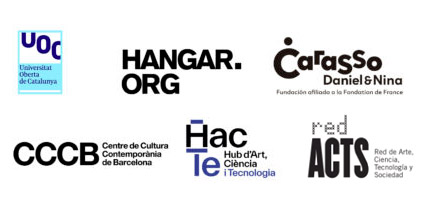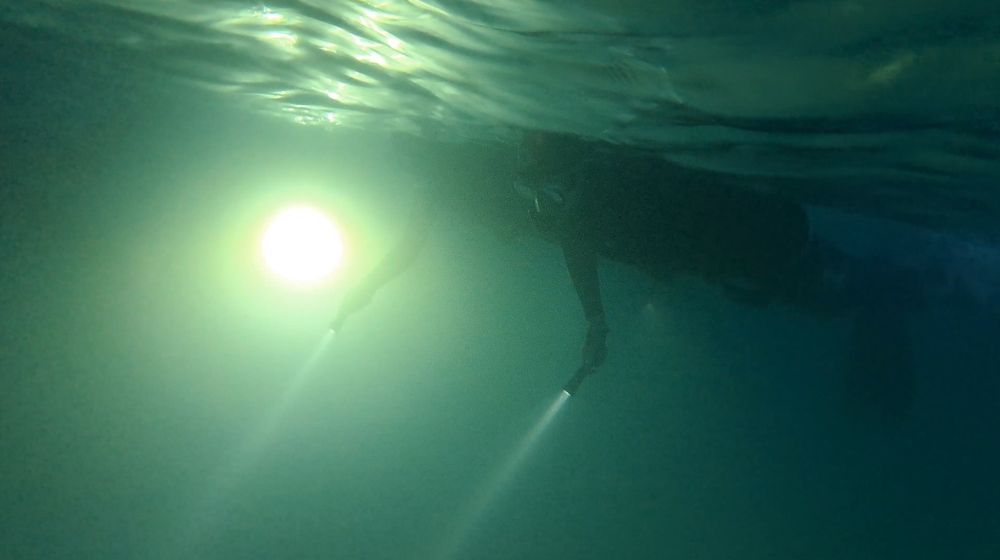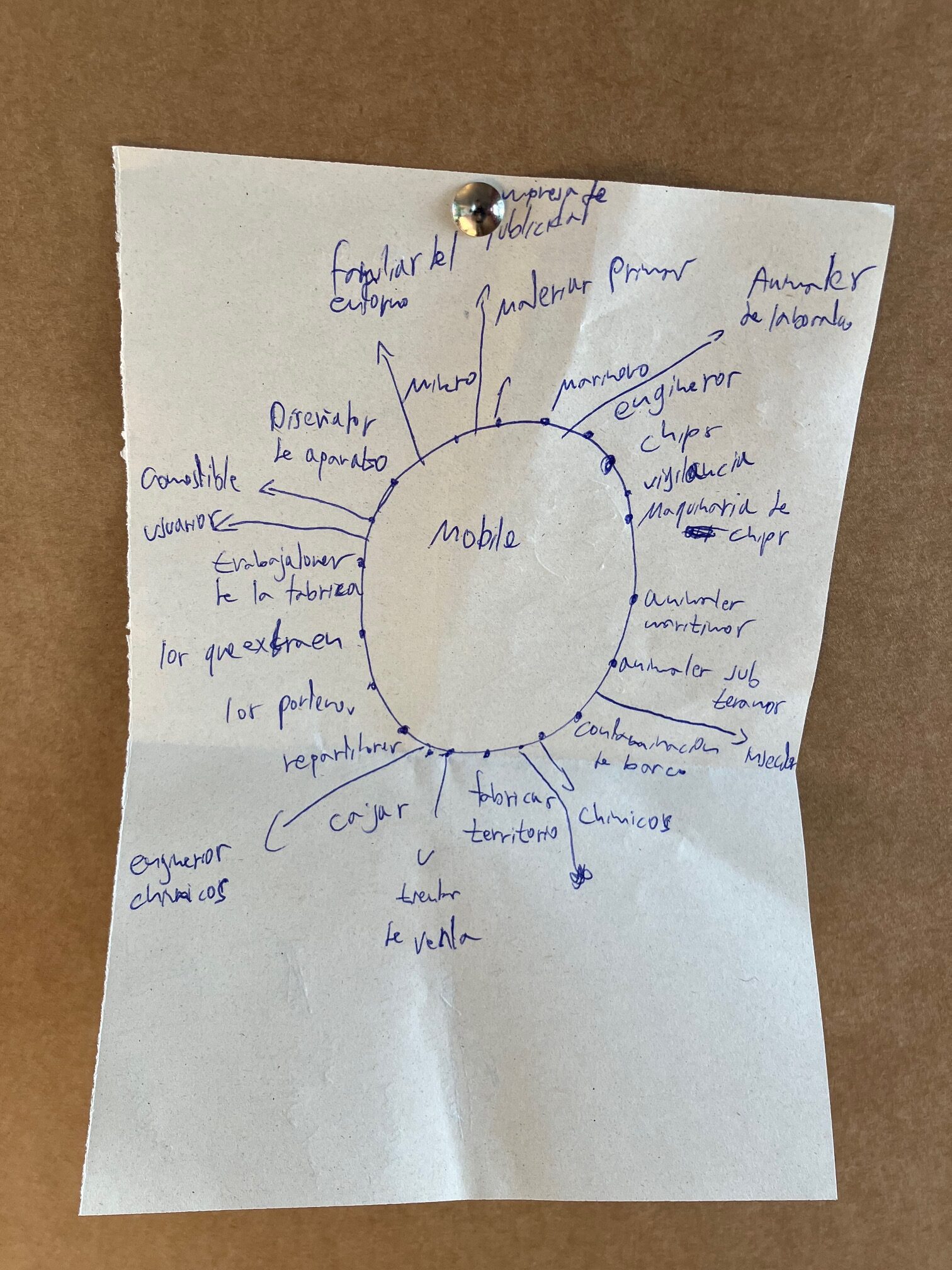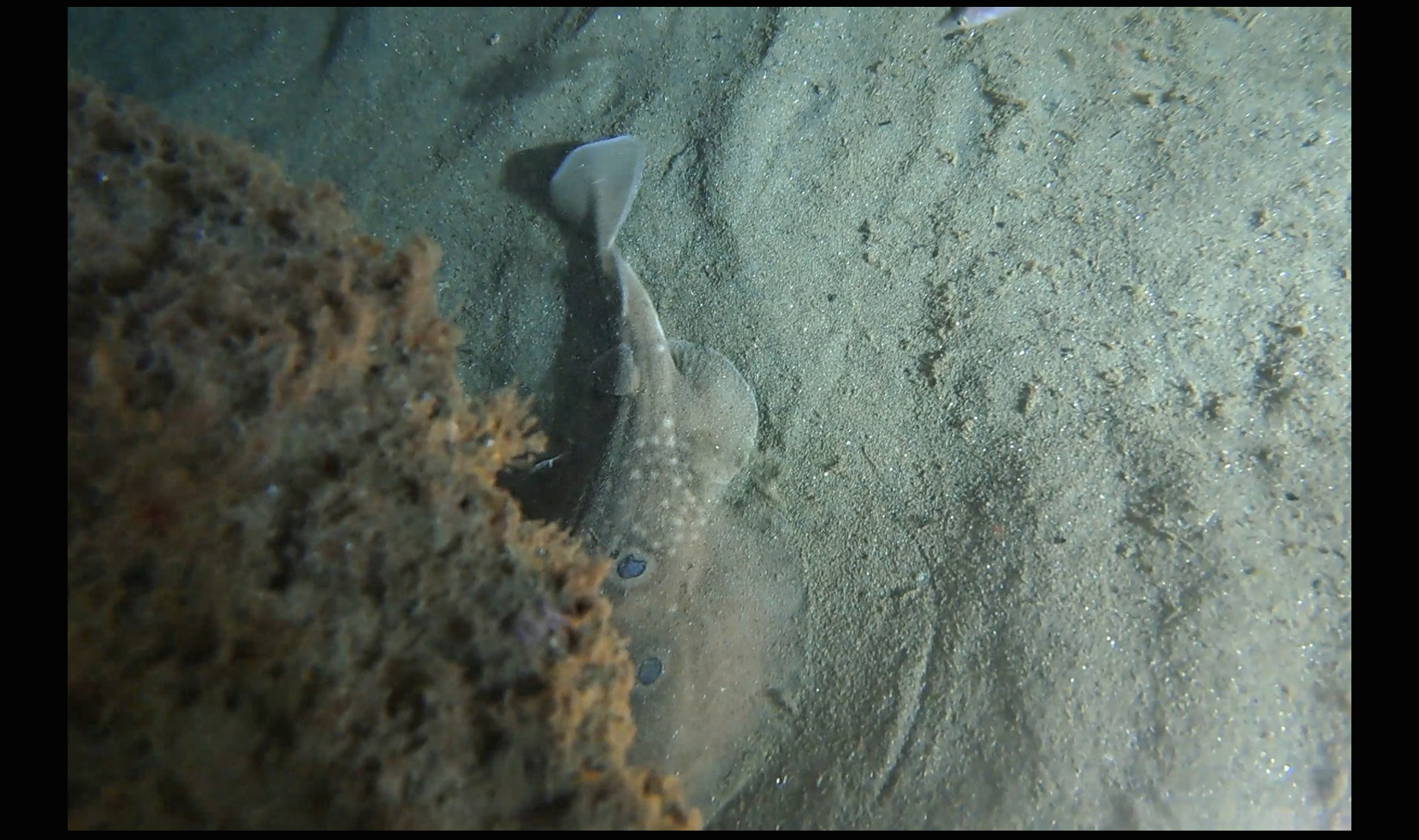GRAPA, artistic residency programme
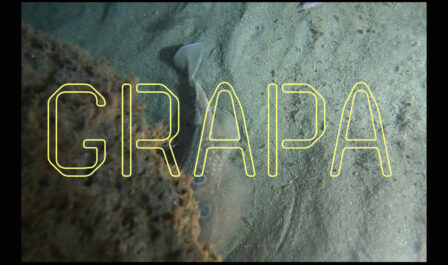
GRAPA is an artistic residency programme promoted by the Centro de Cultura Contemporánea de Barcelona (CCCB), Hangar and the Universitat Oberta de Catalunya (UOC) that aims to open up, accompany and narrate creative processes at the intersection of art, science and technology. The project proposes that artists open up to a shared accompaniment between complementary institutions that facilitates research, production and mediation during a certain phase of their project’s development.
At the same time, GRAPA is a tool for observing and correlating artistic processes with the aim of generating knowledge about the creation of projects that are fully situated in interstitial spaces, straddling disciplines and institutions. Finally, it is a space for institutional and inter-institutional learning to imagine specific forms of accompaniment according to each project, imagining different frameworks, objectives and methodologies.
GRAPA is the first pilot programme of Red-ACTS, a network promoted by the UOC and the Hub d’Art, Science and Technology, Hac Te, with the support of the Daniel and Nina Carasso Foundation.
Throughout 2023, GRAPA will accompany the work of artists Sílvia Zayas with the Ruido ê project and Joana Moll with the Ad Tech Constellations project.
GRAPA is coordinated and supervised by Clara Piazuelo.
Clara Piazuelo is a writer and researcher and carries out artistic projects that question the ways we live with each other. She is a member of DU-DA, where she carries out projects that activate collective processes and strike a chord with those who criticize hegemonic power structures. She has co-written and edited the publications Morir Guay. Voices y Relatos para no tener miedo and Mediums. Una exploración colectiva sobre lo invisible. Her first novel, Año del Caballo, was published by Ediciones en el mar in 2020. She has been head of Hangar’s Knowledge Transfer department, carrying out art-related education and research projects, for 10 years. She has taught in the Master’s Degree in Artistic Research and Experimentation at the BAU Design College of Barcelona and has been a guest at international universities such as the FLACSO University in Quito (Ecuador) and Veritas University in San José (Costa Rica), as well as at cultural institutions such as ZKM (Karlsruhe), Laboral, MACBA, MNCARS, Tabakalera, CCCB and La Casa Encendida.
